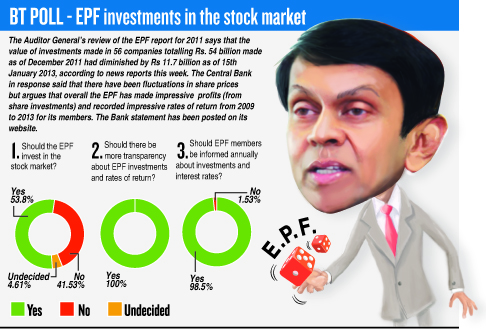Sri Lanka’s trade unions demand the government to deport foreign workers
Sri Lanka’s trade unions are demanding the government to devise a roadmap with the aim of making the private sector more attractive for workers and gain high productivity, without allowing companies to employ more foreign workers to fill labour shortages.
Responding to a statement made by the President at the launch of Central Bank annual report 2013 in Colombo recently that there were over 10,000 working in the country on tourist visas, trade unions questioned as to why the Controller General of Immigration and Emigration is not taking action to apprehend and deport such foreign workers under the Immigrants and Emigrants act.
In a letter sent to the President, Anton Marcus, convener and General Secretary of the Free Trade Zones & General Services Employees’ Union (FTZ&GSEU) noted that according to Foreign Employment Bureau statistics, 4.500 professionals and 68,000 skilled workers have left the country for overseas jobs in 2012.
He claimed that Sri Lanka processed the necessary professional and skilled workforce as well as university and tertiary and vocational training network to mould such workers
Mr. Marcus said that they cannot understand the logic behind seeking foreign workers to fill labour shortfalls in the island under these circumstances.
The other major labour issue was the practice of deploying casual and contact workers taken from manpower recruitment agencies by employers without giving permanent jobs following proper recruitment procedure
He disclosed that the number of employees in 210 manpower recruitment agencies is over 28,608 at present and it is rapidly rising.
With the expansion of export trade, the employers in Sri Lanka had to compete with other producers for their export products across the borders with or without tariff concessions in importing countries.
Faced with competition, certain employers have resorted to recruit workers on contract labour which is now rapidly increasing, he disclosed.
Mr. Marcus said that unions have been complaining that there is a growing tendency by the private sector to substitute core staff with contract workers, as it costs less and employers can impose any condition on them.
According to the Central Bank annual report 2013, unemployment increased to 4.4 per cent from 4.0 per cent a year earlier, partly due to an increase in the labour force participation rate, with more females from rural areas seeking work.
More skilled workers were going out of the country seeking better paying jobs, Central Bank said.
Sri Lanka’s post-war economic resurgence and tightening labour markets are providing opportunities for foreign workers including those who had left the island, official sources said.
Minister of Labour Gamini Lokuge told the Business Times that there were hundreds of vacancies in the private sector and 30,000 vacancies in the apparel sector alone and many in the plantation sector.
Therefore importing labour will be one of the options to tackle this problem, he said adding that Sri Lankan firms will have to bring workers even from India providing work permits to run their establishments.
Over 12,000 Chinese and Indian workers are permitted to work in Sri Lanka by the Board of Investment for a period of one year.
“These workers have the skills to complete the relevant development projects more efficiently and productively. The foreign workers are also being deployed in the country under foreign loans and aids as per the conditions stipulated in most of the foreign aid agreements,” a senior government official said.



